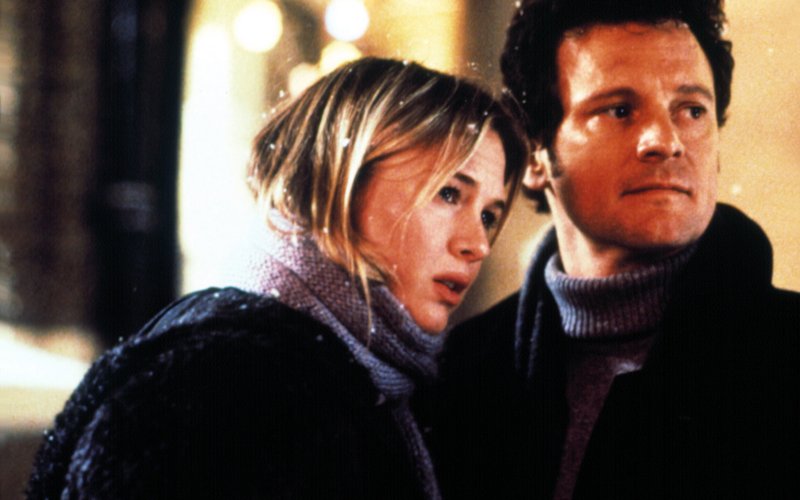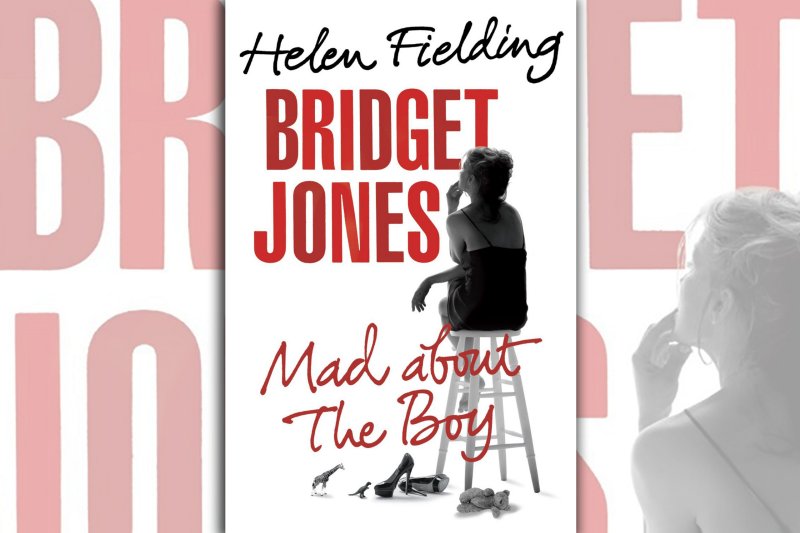Mark
Darcy Is Dead! British Bridget Jones Fans: It Had to Happen
Miramax, via Everett
We asked three die-hard Bridget Jones fans what they
thought of the killing off of Mark Darcy—and whether they would buy
the new book. Bridget Harrison, journalist and author of the memoir Tabloid Love, was often referred to as a “real-life” Bridget Jones. For more than three years she wrote a must-read column for the New York Post about her life as a single British journalist looking for love in Manhattan in the early noughties. She says:
Bridget Harrison: “For Bridget’s story to live on, Darcy had to die.”
Helen
Fielding must be a confident woman. By killing off Darcy, she has done
the equivalent of a horse-trainer euthanizing his most successful,
crowd-pleasing thoroughbred whilst hoping the punters will still come to
the races.
The
original Darcy made
Pride and Prejudice one of the greatest ever romantic novels. His
teenage version, aka Edward Cullen, caused the Twilight saga to
become a billion-dollar franchise. It was the ‘adult version’ of
Darcy, aka Christian Grey, not Kindle, that made Fifty
Shades
the fastest-selling book of all time. Helen
Fielding’s Darcy helped every gaffe-prone, overweight, aging single
woman believe her quirks and failings could charm a prince. Cue instant
bestseller. But once Bridget had her man, where could the story go? The
Darcy-drive narrative of misconnects and unexpected gallantry has a lot
less room for maneuver once plonked into married life in the London
suburb of Queens Park. Perhaps they could have divorced, then
reconciled. But with two kids in the picture, it would have felt wrong.
Darcy would never have left his children. For
Bridget’s story to live on, Darcy had to die. But what will keep us
turning the pages this time around? Will it be the dynamic surrounding
Bridget’s younger man, who she’s met on the Internet? Doesn’t
sound too promising. A Darcy could never be a toy boy. It’s unlikely
to be the reappearance of Daniel Cleaver, either—no longer roguish,
just camp. The
answer, of course, is Helen Fielding’s humor and laser-sharp
observational skills. The appeal of her books was never simply the
romance but her ability to define and send up the female neuroses of an
entire generation. She
still has the skill to make women laugh, cry, and identify. But without
Darcy, they may not be quite as vested.
Tess Morris: Not surprised Fielding has done something “radical.”
If
Helen Fielding felt that Darcy needed to go, then, well, Darcy needed to
go. I
appreciate Bridget fans have been waiting a long time for this next
installment, and I loved the first one when I read it way back when, but
I've (hopefully) evolved since then, and (hopefully) so has Bridget.
She's got to find her relevance for women today, and maybe she needed to
be free of Darcy to do that, although admittedly, they could have just
got divorced. I’m
not surprised she’s done something so radical in a way, though, but
for me personally, I’m more interested in how the movie version will
unfold… no Colin Firth?! Sophy
Grimshaw is deputy editor of The London Magazine: I was 14 when I read and loved the first Bridget Jones’s Diary, lent to me by my mum, and I felt rather proud at having recognized the Pride and Prejudice references in the story; though given that Fielding had named the male romantic lead Mr. Darcy, that hardly made me a sleuth. So I’ve grown up with Bridget. The new book, in which she struggles with social-media etiquette and the like, was automatically beamed to my tablet via Wi-Fi this morning, which seemed fitting.
Sophy Grimshaw: “If Jane Austen were writing in 2013, I bet she’d have killed Darcy off, too.”
I
was relieved that Darcy has been killed off. As feminists we’re used
to subverting and reimagining romance novels for kicks, but killing off
Prince Charming literally, instead of just figuratively, seems like
Fielding’s way of heralding the post-feminist pop-literature
landscape. Darcy’s
dead; now what? Now Elizabeth Bennet, or Bridget Jones, or me, or you,
have to forge our own happiness from scratch once again. If Jane Austen
were writing in 2013, I bet she’d have killed Darcy off, too. What’s
also crucial about Darcy’s death is that is makes Bridget the underdog
once more, and that’s what we demand of her as readers. That’s why
Carrie Bradshaw had to get jilted at the altar the first time she tried
to marry Mr. Big. We don’t want our protagonists ever to have it too
easy, because we know it never is easy. The
success of the Hollywood franchise and length of the gap since the last
novel meant there was a danger no one would want to relate to Bridget in
the same way, like the standup comedian who becomes a millionaire from
DVD sales and Wembley gigs—now what do they moan about? That a tragedy
has been visited upon Bridget since we last saw her means we are firmly
on her side again. Darcy’s
dead. Long
live Bridget!
|




